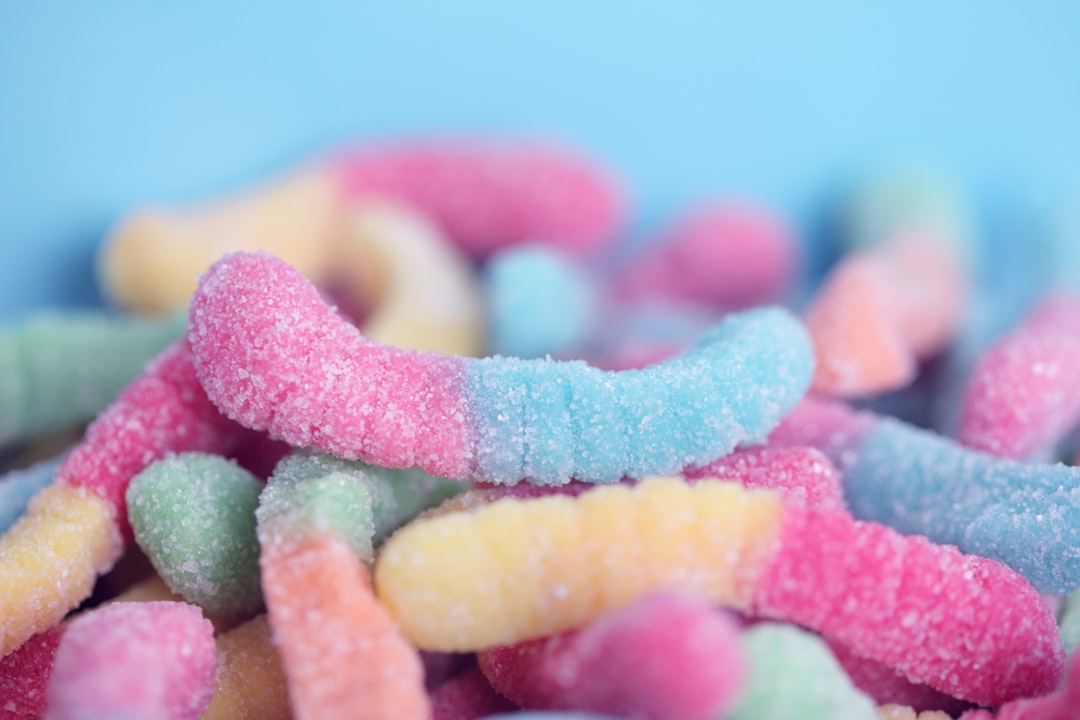- The Daily Tonic
- Posts
- Legal in the U.S., banned everywhere else.
Legal in the U.S., banned everywhere else.
Plus: Is oatmeal bad for you?
"A healthy outside starts from the inside."
Saturday. We have some good news and some bad news. The good news? Yes, it’s Saturday, and we are indeed in your inbox. That is how you know it’s going to be a good day. The bad news? Hulu, Disney+, and ESPN+ are all starting to crack down on password sharing. Rumor has it that Hulu may even ban accounts that share passwords outside their households. It is becoming a cruel, unrecognizable world out there.
Moving on, let’s talk about the FDA and food additives that are legal in the U.S. and nowhere else. Why do we do things so differently? Let’s dive in.
DEEP DIVE
Only Legal In The U.S.
We all know ultra-processed foods are bad for our health. This isn’t groundbreaking news, but there is more to it than just that.
While we often hear about the benefits of a whole foods-based diet rich in fruits, vegetables, and whole grains, there's a darker side to our food supply that doesn't get as much attention. This darker side includes a list of additives that, while common in the U.S., are banned or restricted in other countries due to health concerns.
For example, in Canada, you won't find potassium bromate in your bread or pastries because it's banned due to its potential as a carcinogen. Across the ocean in Europe, salad dressings are free of titanium dioxide, a substance that might cause DNA damage, making their food choices a bit different from ours.
Here in the U.S., the Food and Drug Administration (FDA) has a more lenient approach when it comes to regulating food additives (READ MORE). This means that our food supply includes many ingredients that other countries have deemed too risky. The issue isn't just about the presence of these additives; it's about the impact they may have on our health over time.
Experts often point out that processed foods contain too much of what we don't need, like sugar and additives, and not enough of what we do, like fiber and essential nutrients.
Processed foods, especially those that are ultra-processed, have been linked to a host of health problems, including insulin resistance, oxidative stress, and an increased risk of chronic diseases like type 2 diabetes, cancer, and heart disease. Some of the blame for these adverse health impacts can be placed on the nutritional content of processed foods, but specific additives may also play a role.
So, why are these potentially harmful ingredients allowed in our food? The FDA's charter focuses on preventing acute toxicity, like foodborne illnesses caused by bacteria such as E.coli or Salmonella. Chronic toxicity, which involves long-term exposure to harmful substances, is less of a priority.
This means that while the FDA does review most food additives, the system has loopholes that allow companies to add substances without full FDA approval through something called the "Generally Recognized As Safe" (GRAS) list.
This list includes items that have never undergone a comprehensive FDA review, raising concerns about the safety of our food supply. Even additives that the FDA has approved are not regularly reassessed, which means that newer studies indicating potential harm may not even be considered.
Yikes.
Among the additives to watch out for are potassium bromate and azodicarbonamide (ADA), used in bread and baked goods; brominated vegetable oil (BVO), found in some sodas; titanium dioxide, used in various processed foods for its white pigment; and the food dyes Yellow 5, Yellow 6, and Red 40, which add color to a wide range of junk foods (READ MORE ABOUT THESE INGREDIENTS). While the evidence of harm from these additives may not be conclusive, the principle of precaution suggests it's better to avoid them, especially since their health impacts over time and with cumulative exposure are still unknown.
The key takeaway? While navigating the grocery aisles, the safest bet is to lean towards unprocessed whole foods as much as possible. Not only does this approach help minimize exposure to questionable additives, but it also promotes a diet richer in the nutrients we need for good health.
At the end of the day, reading labels and being informed about what's in our food are the best things we can do to empower ourselves to make healthier choices and live a healthier lifestyle.
TOGETHER WITH JOI
Meet your new bff, Joi.
Feel and look your best from the inside out. Better mood, more radiant skin, easier weight loss, sexier sex - take control of your well-being with deep-dive diagnostic labs, and innovative peptide and hormone balancing therapies. So you can feel like you again.
Use code tonic15 now for 15% off all labs, weight loss treatments, hormone therapy, peptides and supplements.
Tonic Shots
1. The Perfect Appetizer Does Exist
Who says cauliflower can’t be fun? Enjoy!
2. The Perfect Season For Chili Is (Still) Now!
This isn’t your usual chili recipe, but it is so so good! Chicken and white beans! Enjoy.
3. I Mean… C’mon!
Honey garlic shrimp for the win! Enjoy.
That’s all for today. Until next time! 🌿
SUPPORT US
Support Our Team 🧡
We're all about making your journey towards better health enjoyable and insightful. By becoming a member of The Daily Tonic family, you're not just supporting us, you're elevating your own wellness journey!
We believe in the power of community and the impact of your support. Your membership helps us continue delivering the best health and wellness newsletter around. If you enjoy starting your day with a dose of wellness wisdom from The Daily Tonic, consider joining us as a member.
How was the newsletter? |






